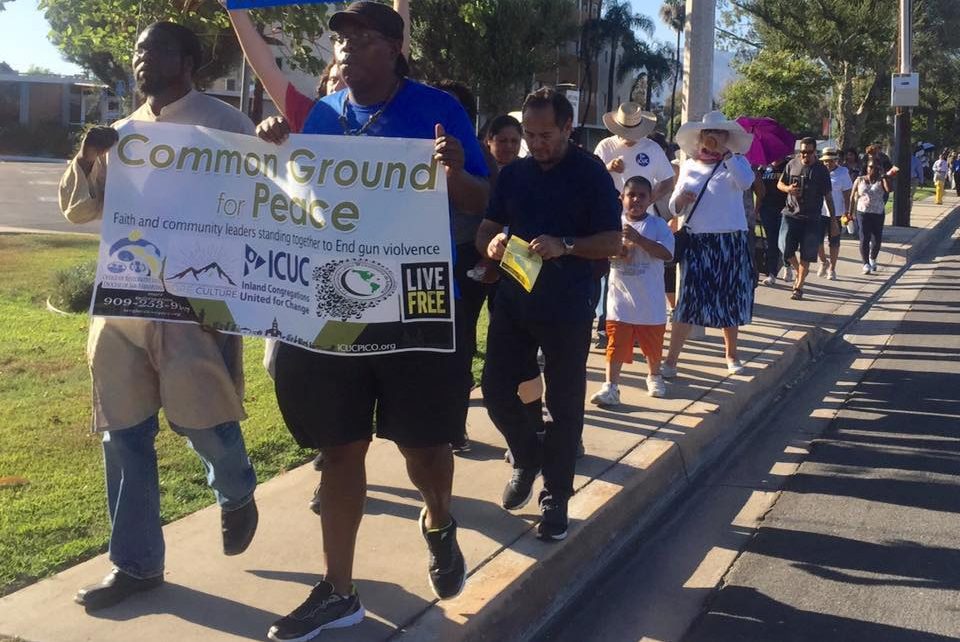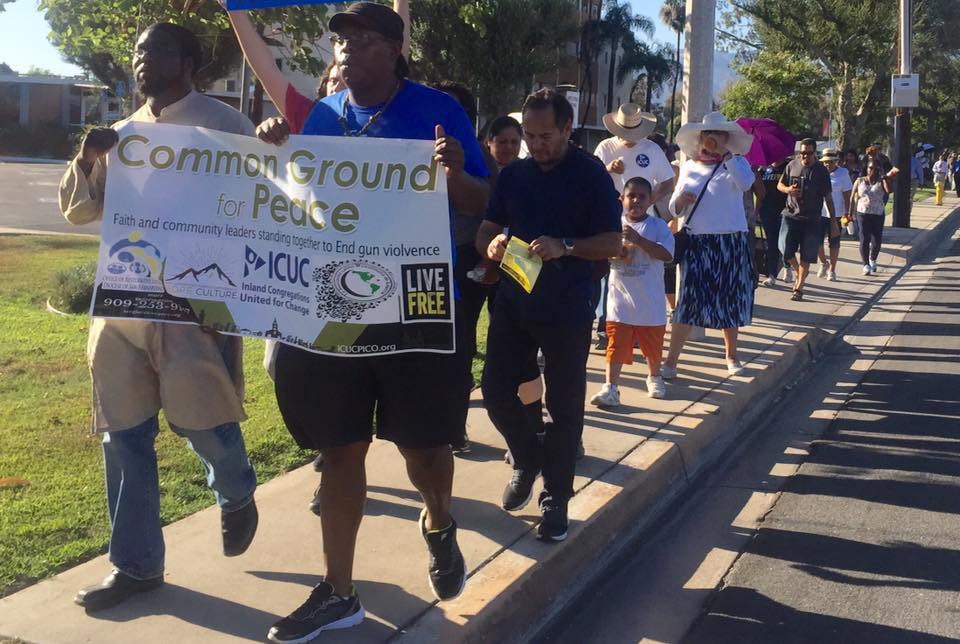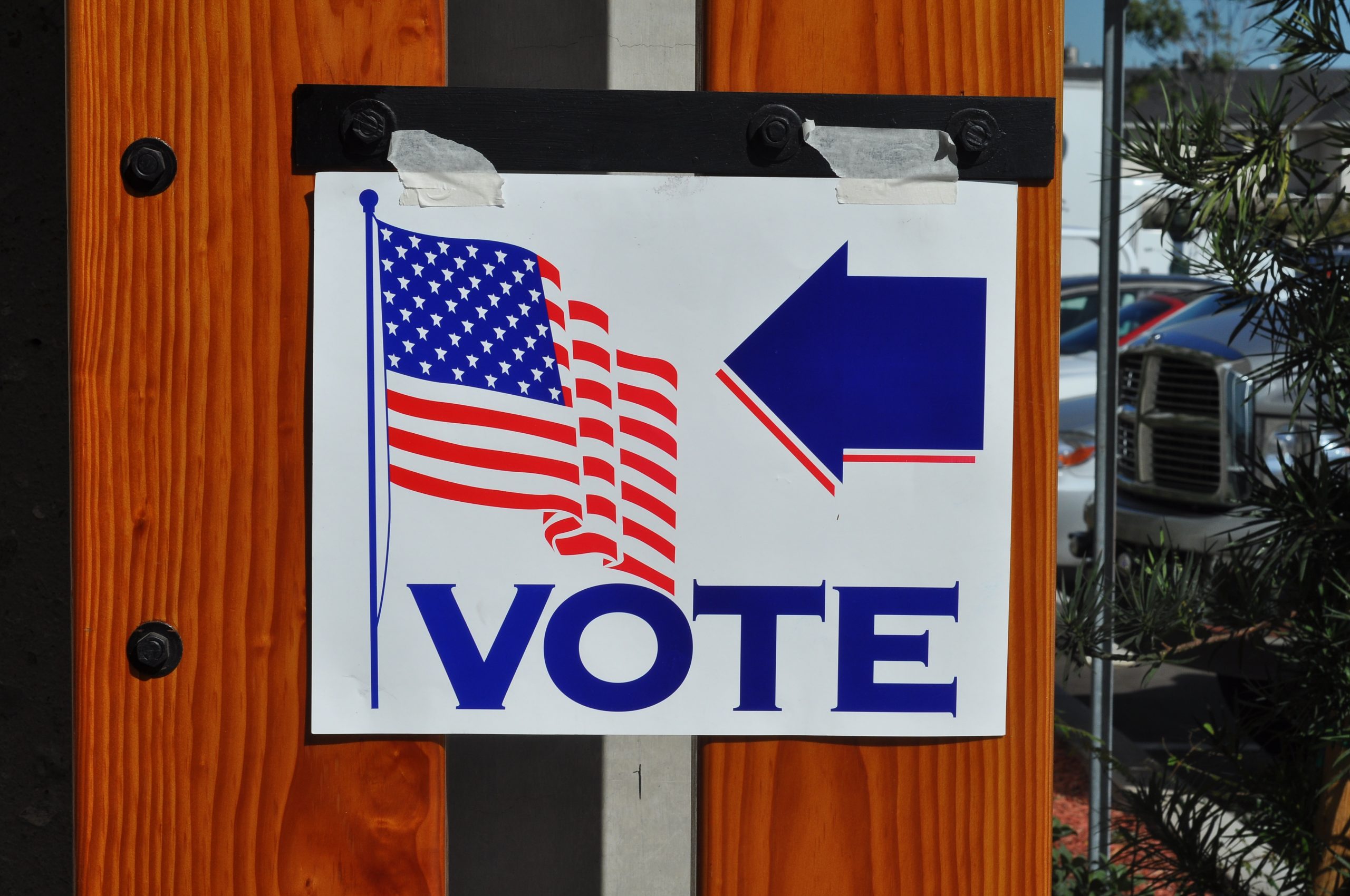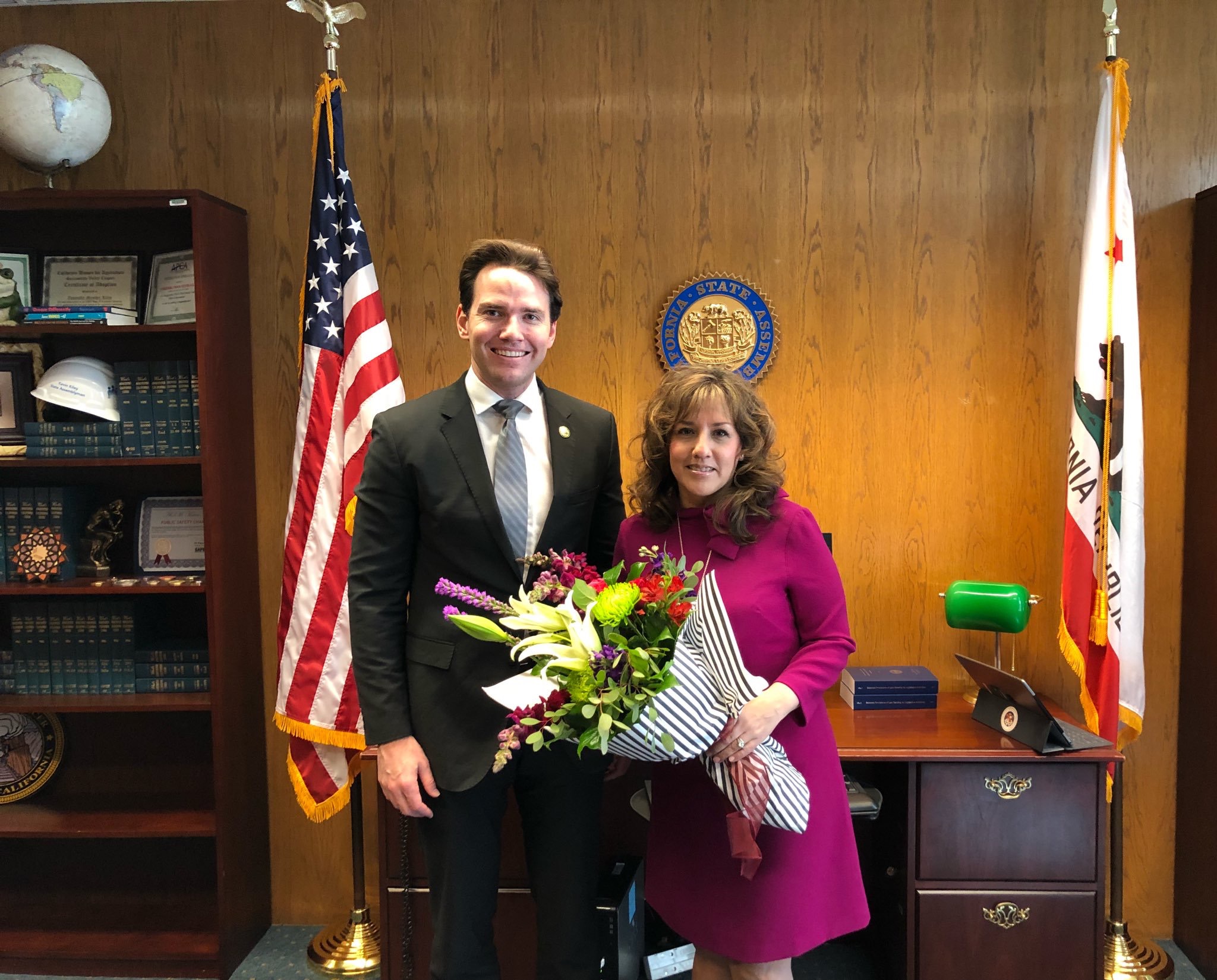
Nationwide Protest Calls for Migrant Rights
400 Demonstrators at the Border and 31 Arrests
By Laura Hauther, December 16, 2018 8:15 am

While President Trump threatens to shut down the government unless his border wall is funded, a group of faith and community leaders led a peaceful protest at the border to keep attention on the migrant’s plight.
A group of more than 400 demonstrators comprised of faith leaders from mosques and synagogues and indigenous communities started a week of coordinated protests across the country on International Human Rights Day, which ended on International Migrants Rights Day on Dec. 10. The week of action is called “Love knows no borders: a moral call for migrant justice.”
The group’s goal is to keep attention on the needs of the migrants who arrived in the caravan that started in Honduras, eventually growing to over 6,000 people. Most of those migrants are still in makeshift shelters in Tijuana and a group of several hundred still remains in Mexicali, about 100 miles to the east of the city.
The demonstration started on the beach of the US Border Field State Park, right on the border of the US and Mexico. The group first read out the names of migrants who have died trying to reach the US and performed a ceremony anointing with oil anyone participating in the civil disobedience.
They then moved toward the border, singing and praying. Ignoring the Border Patrols’ orders they entered a restricted area in front of the border fence. Protestors willing to be arrested refused to obey the federal agents’ orders to move back and got down on their knees and sang spirituals until officers handcuffed and removed them.
Border patrol spokesperson Eduardo Olmos told The Guardian 31 people were arrested by the Federal Protective Service for trespassing and one for assaulting an agent. He did not elaborate on the reason the protestor was charged with assault.
Joyce Ajoouny, general secretary for the American Friends Service Committee, an organizer for this protest, said, “In the face of the Trump administration’s violent rhetoric and policies, we are here to stand with border residents against militarization and for absolute protection for migrants seeking refuge and asylum.”
Earlier in the week, PICO California, an umbrella group for faith-based activists, organized a protest at Democratic Congressman Raul Ruiz’s office in Palm Desert.
Tom Dolan, executive director for Inland Congregations United for Change, said, “We don’t think those coming to this country seeking asylum from violence should be met with tear gas, that their families should be torn apart and [that] they should be treated like criminals.”
PICO is also calling for defunding Immigration and Customs Enforcement (ICE) and Customs and Border Patrol.
The activists are also demanding an increase in humanitarian aid and more legal resources to speed up the asylum process. Currently only about a hundred people a day can apply, so thousands, including woman and children, are living for months in tents, dependent on government aid or charity for resources.
The migrants were moved from the Benito Juarez sports complex after the rain flooded the open-air dirt field where the migrants were camped. The flooded portapotties created raw sewage sludge, making the already overcrowded space unfit for habitation. The Mexican government opened up another shelter with roofed areas and concrete slabs to house about 2,500 of the migrants. Others dispersed to smaller shelters around Tijuana or set up tents on the street.
Many migrants from the original caravan have been deported from Mexico or decided to return to their home country because of the harsh conditions.
Despite the arrests, the protest drew little attention compared with the media storm surrounding the caravan as they made their way north. Once the “invasion” failed to materialize, the migrant’s story become an all-too-familiar one of humanitarian crisis and the slow turning of bureaucratic wheels, leaving the migrants in limbo and for the most part losing the attention of the American public.
But to the migrants, these protests show people are willing to put their bodies on the line to support their cause, according to Jenny Villegas, an organizer with Carecen, (Central American Resource Center).Villegas told the California Globe, “Seeing clergy and others religious leaders act in solidarity gives them hope, assures them what they’re doing is valid and moral. They pass around the videos, the Facebook posts, the articles — it gives them hope.”
Protests like the one at Ruiz’s office can put pressure on local government to take action like cutting ties with ICE, Villegas said, adding, “It feels impossible to fight for change at the federal level too but it’s important to keep on doing it. We’re lacking conversations on why the caravans happen. It’s really the fault of the US because of decades of horrible foreign policy in Central America. [The conditions in] Honduras are a direct result of US Policy directly funding their military.”




